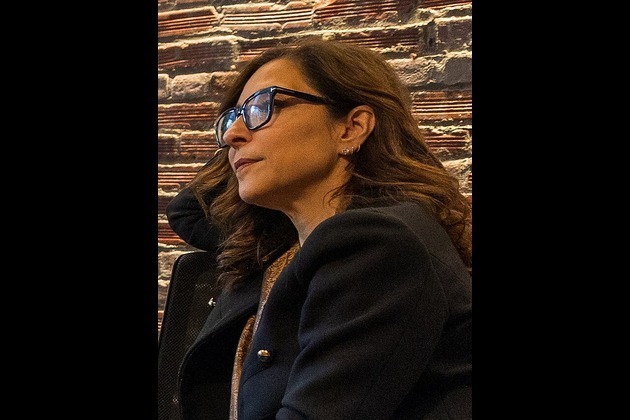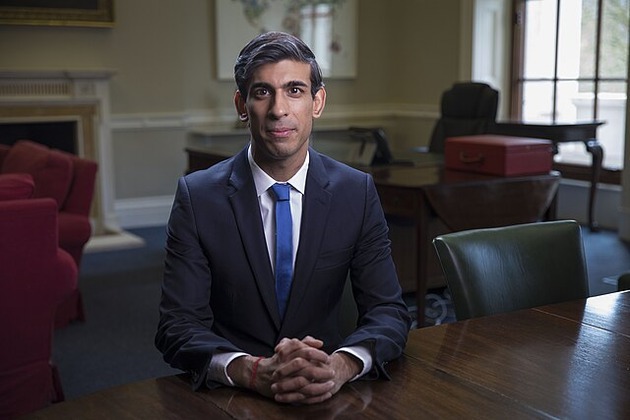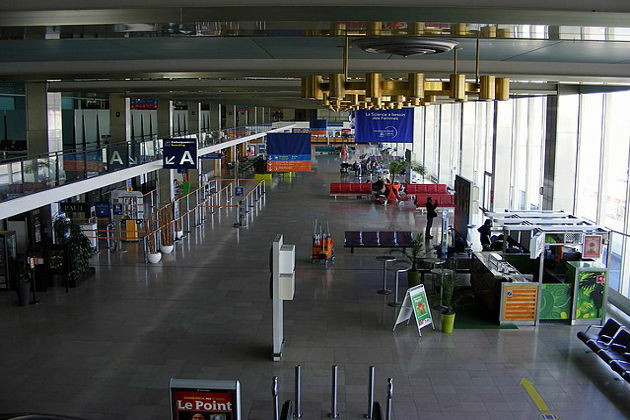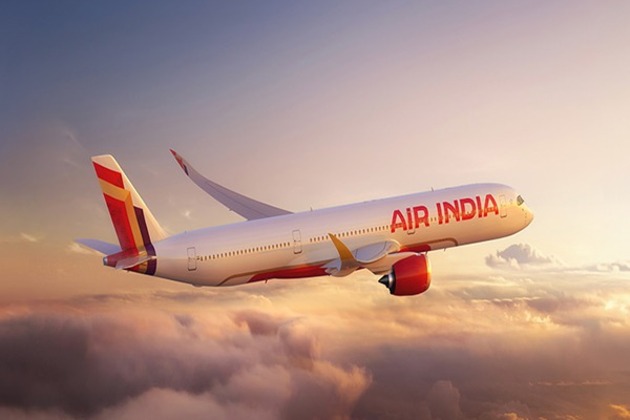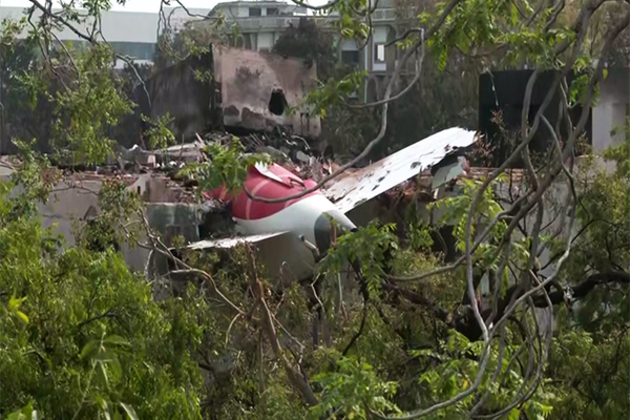How the travel industry still ignores people with disabilities
The Conversation
29 Jul 2021, 20:12 GMT+10
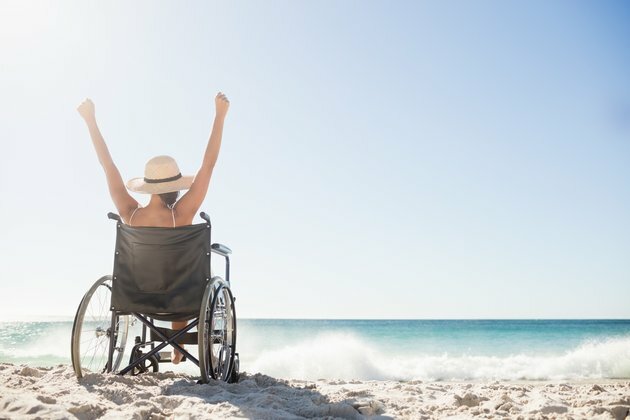
As restrictions are gradually lifted, travelling abroad will be a high priority for many people. But for a disabled person, getting away on holiday can seem like a distant dream - with or without a pandemic.
People with disabilities are still subjected to systematic discrimination when it comes to travel. They face barriers that non-disabled people do not, which can prevent them from going on holiday - or at least drastically limit their choice about where to go and what to do.
Even before COVID-19, one survey found that 52% of adults with a disability in the UK had not taken a holiday anywhere in the previous 12 months.
The reasons are well known. Disabled people are often deprived of key three things: good information, appropriate facilities and positive attitudes from other people.
To this end, many countries, including the UK, have introduced specific legislation to address these inequalities. The United Nations' Declaration on the Rights of People with Disabilities asserts the rights of disabled people to participate in cultural life, leisure, recreation and sports.
You might expect this kind of political action means disabled people have equal access to travel. But when I interviewed disabled travellers and people who work in ecotourism - in the UK, US, Australia, Canada and Sweden - it became apparent that many holiday providers fail to value their disabled customers.
There are some for example, who merely aim to comply with regulations. They do not think there is a sufficient market for disabled guests, so they only made practical changes - such as investing in ramps - if the law strictly demanded it.
One disabled traveller told how he mentioned to an ecolodge manager: "You just need to fix a couple of things in the room and it'll be good."
The manager replied: "Why should we bother? We don't make enough money out of you guys to really justify it."
Other business owners found such changes expensive to implement, but were motivated by keeping up with "good practice". For this group, being disability-friendly made good business sense - but their efforts were often incomplete, only featuring in certain parts of the site for example, or for one particular kind of disability.
As one study participant noted: "Instead of having the whole place accessible, mobility-wise, we just make sure at least two of the units and the main public areas are. That's an alternative that seems to have worked."
It may seem odd that ecotourism - a form of tourism that values ethics and sustainability - does not appear to be leading the industry in tearing down barriers to disabled travel.
But recent research found that even businesses with the highest level of ecotourism accreditation did little to accommodate the needs of disabled guests.
Universal travel
With respect to information, only 2% of the websites in that study - which focused on Australia - had a detailed information pack for disabled people to download. And while some businesses considered themselves to be disability-friendly, facilities tended to only consider wheelchair access.
Even then, only 40% of all the websites provided any information to wheelchair users, while 6% mentioned visual disabilities and 8% referred to hearing loss. When it came to intellectual disabilities, only 8% even mentioned them.
Almost all of the websites failed to extend simply courtesies, such as using captions (known as alternative text) to explain to people with visual disabilities what is depicted in a photograph, or subtitling video material to help people with hearing disabilities. A quarter of the businesses required disabled people to contact them ahead of the visit to enquire about suitable facilities.
Thankfully, there are also operators who believe ensuring that disabled people have an equal quality of experience to non-disabled people is an essential condition of being in business.
This kind of approach needs to spread more widely. Disabled people will only truly have a right to a holiday when tourism businesses start to invest in adaptations for them. This means making provisions not only for wheelchair users but for all disability groups.
It also means adapting business practices, updating websites and training staff to be able to serve their disabled guests appropriately and sensitively.
It is estimated that there are around a billion disabled people across the world, representing around 15% of the world's population. If the tourism industry is not willing to ensure these guests are treated as equals, that should make everyone uncomfortable. If society wants to see travel as a human right, it should be a right for everyone.
Author: Brian Garrod - Professor of Marketing, Swansea University 
 Share
Share
 Tweet
Tweet
 Share
Share
 Flip
Flip
 Email
Email
Watch latest videos
Subscribe and Follow
Get a daily dose of Travel Trade news through our daily email, its complimentary and keeps you fully up to date with world and business news as well.
News RELEASES
Publish news of your business, community or sports group, personnel appointments, major event and more by submitting a news release to Travel Trade.
More InformationBusiness
SectionFTC’s rule to ease subscription cancellations struck down by court
WASHINGTON, D.C.: A federal rule designed to make it easier for Americans to cancel subscriptions has been blocked by a U.S. appeals...
Musk’s X loses CEO Linda Yaccarino amid AI backlash, ad woes
BASTROP, Texas: In a surprising turn at Elon Musk's X platform, CEO Linda Yaccarino announced she is stepping down, just months after...
Ex-UK PM Sunak takes advisory role at Goldman Sachs
NEW YORK CITY, New York: Former British prime minister Rishi Sunak will return to Goldman Sachs in an advisory role, the Wall Street...
Gold ETF inflows hit 5-year high as tariffs drive safe-haven bets
LONDON, U.K.: Physically backed gold exchange-traded funds recorded their most significant semi-annual inflow since the first half...
PwC: Copper shortages may disrupt 32 percent of chip output by 2035
AMSTERDAM, Netherlands: Some 32 percent of global semiconductor production could face climate change-related copper supply disruptions...
U.S. stocks recover after Trump-tariffs-induced slump
NEW YORK, New York - U.S. stocks rebounded Tuesday with all the major indices gaining ground. Markets in the UK, Europe and Canada...
Airlines
SectionTravelers can now keep shoes on at TSA checkpoints
WASHINGTON, D.C.: Travelers at U.S. airports will no longer need to remove their shoes during security screenings, Department of Homeland...
Beijing blamed for covert disinformation on French fighter jet Rafale
PARIS, France: French military and intelligence officials have accused China of orchestrating a covert campaign to damage the reputation...
Summer travel in chaos as French air traffic controllers walk off job
PARIS, France: A strike by French air traffic controllers demanding improved working conditions caused significant disruptions during...
Trump admin allows GE to restart engine sales to China’s COMAC
WASHINGTON, D.C.: The U.S. government has granted GE Aerospace permission to resume jet engine shipments to China's COMAC, a person...
Air India acknowledges receipt of AAIB preliminary report on Ahmedabad crash, says "We continue to fully cooperate"
New Delhi [India], July 12 (ANI): Soon after the Aircraft Accident Investigation Bureau (AAIB) released its preliminary report into...
AAIB releases preliminary report on deadly Air India AI171 crash in Ahmedabad
New Delhi [India], July 12 (ANI): India's Aircraft Accident Investigation Bureau (AAIB) released the preliminary report into the tragic...


